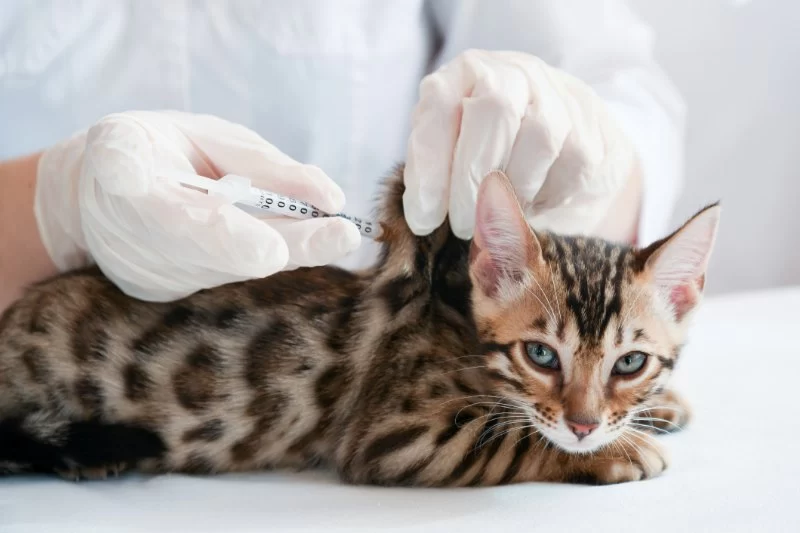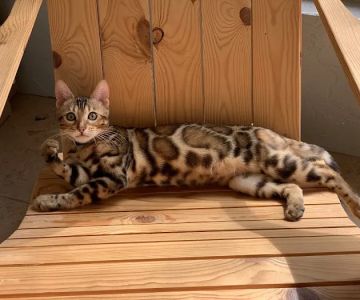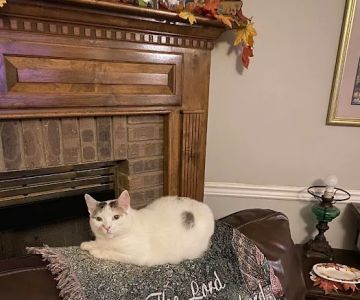- understanding-the-importance-of-cat-vaccinations
- 2025-updated-vaccine-schedule-for-cats-in-the-us
- core-vaccines-vs-non-core-vaccines
- real-life-story-why-booster-schedules-matter
- kitten-vs-adult-cat-vaccination-differences
- how-to-stay-on-top-of-your-cats-vaccine-schedule
- why-trusting-hidden-brook-veterinary-makes-a-difference
1. Understanding the Importance of Cat Vaccinations
Vaccinating your cat is one of the most critical parts of preventative veterinary care. Vaccines don’t just protect your pet from life-threatening illnesses—they also safeguard other animals in your community. From feline leukemia to rabies, modern vaccines have saved millions of feline lives across the U.S. But just like with humans, vaccine recommendations evolve—and 2025 has seen updates every cat owner should know.
2. 2025 Updated Vaccine Schedule for Cats in the U.S.
2.1 Recommended Core Vaccine Timeline
According to the latest AAHA and AAFP guidelines, core vaccines are essential for all cats, regardless of lifestyle:
- FVRCP (Feline Viral Rhinotracheitis, Calicivirus, Panleukopenia):
• Kittens: Start at 6–8 weeks old, every 3–4 weeks until 16–20 weeks
• Booster: 1 year later, then every 3 years after - Rabies:
• Initial shot at 12–16 weeks, booster at 1 year
• Then every 1 or 3 years, depending on vaccine type and state laws
2.2 2025 Non-Core Updates
Some changes in 2025 guidelines include more tailored non-core vaccine protocols. These are based on your cat’s lifestyle and exposure risk. For example:
- FeLV (Feline Leukemia Virus): Recommended for all kittens under 1 year, even indoor cats
- Bordetella & Chlamydia: For multi-cat households or shelters
Consulting with a trusted clinic like Hidden Brook Veterinary ensures your pet gets what they need—no more, no less.
3. Core Vaccines vs. Non-Core Vaccines
3.1 What Are Core Vaccines?
Core vaccines protect against widespread and highly contagious diseases. These conditions can affect both indoor and outdoor cats and often have no cure. Every cat in the U.S. should receive these, regardless of their exposure risk.
3.2 The Role of Non-Core Vaccines
Non-core vaccines are administered based on risk. A cat that lives strictly indoors may not need the same shots as one that explores outdoors or lives in a rescue shelter. Veterinarians personalize these schedules to balance protection with minimal intervention.
4. Real-Life Story: Why Booster Schedules Matter
Emily from Phoenix adopted a seemingly healthy tabby named Luna from a friend. Thinking Luna was “just an indoor cat,” Emily skipped the FeLV booster. Less than a year later, Luna became lethargic and tested positive for feline leukemia—a virus that might have been prevented with a timely shot.
“If I’d known better,” Emily says, “I wouldn’t have hesitated.” This heartbreaking yet common story is a reminder: even indoor cats are vulnerable. Viruses can hitch rides on shoes, clothes, or even through screen doors.
5. Kitten vs. Adult Cat Vaccination Differences
5.1 Kittens Need a Series
Kittens require a series of vaccines spaced weeks apart. Their immune systems aren’t mature enough to handle long-term immunity from a single shot. By following the proper schedule, you build a strong, disease-resistant foundation for life.
5.2 Adults Shift to Maintenance
Once cats are past their first year, they move to a maintenance schedule—typically every 1 to 3 years. But lifestyle changes (like moving, adding new pets, or switching from indoor to outdoor) may require a reassessment of their needs.
6. How to Stay on Top of Your Cat's Vaccine Schedule
6.1 Use Digital Reminders
Most veterinary clinics, including Hidden Brook Veterinary, offer automated email or text reminders. You can also sync booster dates to your smartphone calendar or pet care app.
6.2 Schedule Annual Wellness Exams
An annual vet visit is more than just a check-up—it’s the perfect time to review your cat’s vaccination needs. Boosters can be adjusted based on age, lifestyle, and local outbreaks.
6.3 Keep Vaccination Records Handy
Always keep your cat’s vaccine records accessible, especially for boarding, travel, or grooming. These documents also help your vet identify trends and make safe decisions for future doses.
7. Why Trusting Hidden Brook Veterinary Makes a Difference
Vaccination schedules are not one-size-fits-all. At Hidden Brook Veterinary, our team gets to know your cat’s unique needs—age, history, environment—and builds a customized vaccine plan that protects them without overdoing it.
With expert guidance, up-to-date protocols, and compassionate care, you’ll never have to wonder if your pet’s immune system is protected. Whether it’s your kitten’s first shot or your senior cat’s annual booster, we’re here to support your journey at every step.












